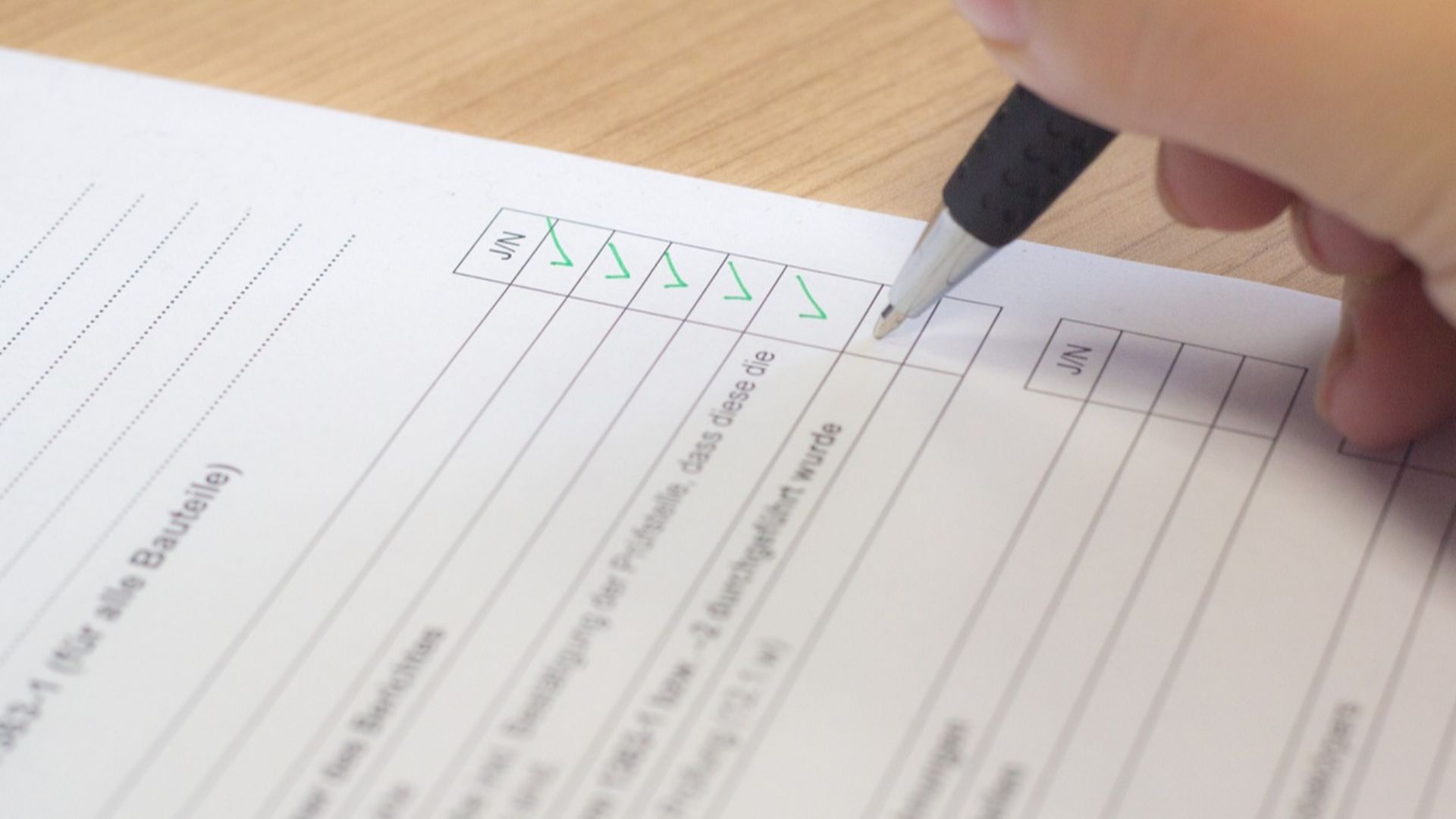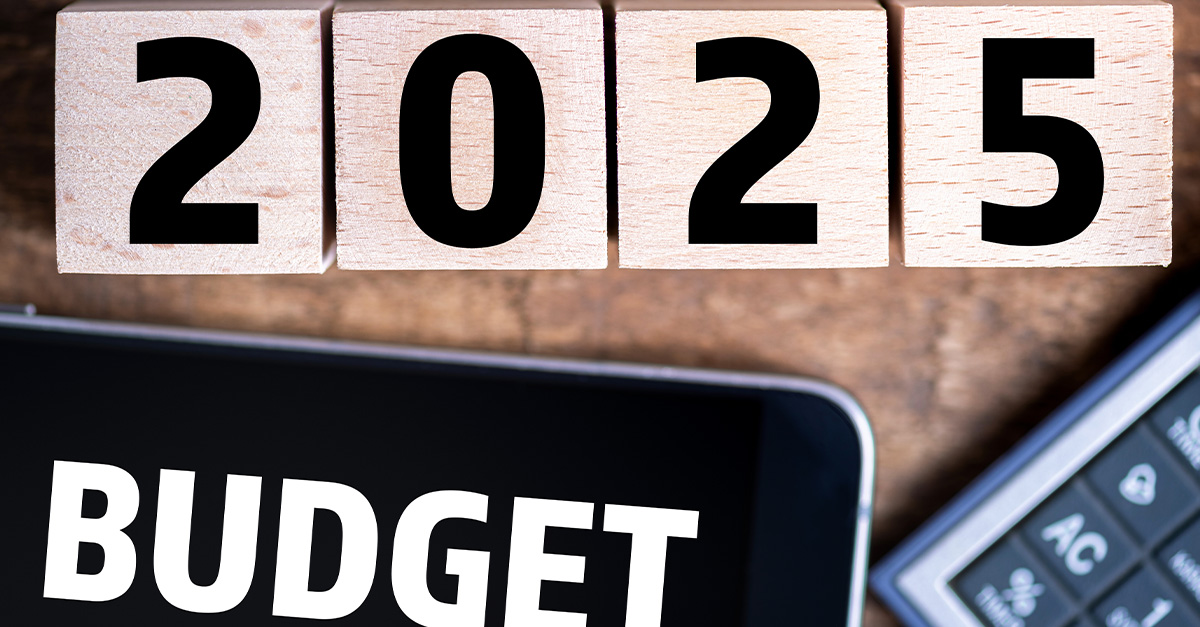Creating A Retirement You’ll Actually Love
Americans are living longer than ever, with many spending nearly a third of their lives in retirement. Yet, according to a 2023 EBRI survey, fewer than half feel “very confident” about their retirement prep. Beyond the dollars and cents, lifestyle shifts and personal goals all come into play. The earlier you start thinking holistically, the better your chances of staying balanced through the years ahead.

Know What You’re Working With
Before retiring, total up all assets, such as property and valuables. Then translate your nest egg (savings and investments) into income, for instance, $1M yields about $3,333/month using the 4% rule. Compare that to your expenses. This quick check shows if your savings truly support your lifestyle.
Track Where Your $3K Goes
That $3,000 monthly budget might look solid until you break it down. Housing, food, healthcare, and fun add up fast. Especially in early retirement, spending often spikes with travel and home upgrades. Mapping it out helps you prioritize what stays, what goes, and what deserves a little extra wiggle room.
 Photo By: Kaboompics.com, Pexels
Photo By: Kaboompics.com, Pexels
Don't Ignore Inflation’s Slow Burn
Prices creep up, even on things like Netflix. What costs $3,000 a month today could easily hit $4,000 in a decade with just 3% annual inflation. Planning for that erosion of purchasing power is key; otherwise, you might find yourself making tough trade-offs you didn’t anticipate.
Plan For Taxes Before They Hit
Withdrawals from retirement accounts trigger taxes, especially traditional IRAs and 401(k)s. Once you turn 73, Required Minimum Distributions (RMDs) can push you into a higher bracket. Planning ahead with Roth conversions or charitable strategies helps minimize taxes and keeps more money working for you.
Plan Like You’ll Live To 100
A 30-year retirement isn’t far-fetched anymore. With life expectancy rising, your savings may need to stretch longer than you think. Do, it’s smarter to overprepare than to find yourself short in your 80s. Assume longevity now, so future-you isn’t stuck making do with less.
Avoid Market Dips Early On
The first few years after retiring are especially risky if the market takes a downturn. A major dip right out of the gate can do long-term damage. That’s why retirees often keep a portion in cash or low-volatility investments to ride out the storm without panic-selling.
Keep A Safety Net Ready
Even with the best-laid plans, life has a way of throwing curveballs, like surprise home repairs or helping out family. An emergency fund cuts you some slack and keeps you from spending your long-term investments too soon. Think of it as retirement’s version of a financial airbag.
Long-Term Care Isn’t Just Nursing Homes
You might never need to be admitted to a facility, but that doesn’t mean you won’t need help. In-home care or adult daycare services can all come into play. Since 70% of older adults end up needing some type of long-term care, it’s best to plan for it now.
Medication And Medical Bills Add Up
Even with insurance, expenses like prescriptions, regular checkups, and occasional specialist visits can strain your budget. Costs for medications alone have skyrocketed in recent decades. So, make sure you’ve penciled in room for rising healthcare expenses; it’s not just the big stuff that eats away at your retirement savings.
Rethink Your Housing Setup
Still paying a mortgage? Thinking of downsizing? Either way, housing will likely be your biggest monthly cost. Some retirees access equity by selling a larger home and moving into something smaller or in a cheaper area. That move could cut expenses significantly and simplify your lifestyle all at once.
Where You Live Matters More Than You Think
A retirement dollar stretches differently in Boise than in Boston or Bangkok. Climate affects more than comfort because it impacts heating and cooling costs. Choosing the right environment can improve your lifestyle and make your savings last longer, thereby boosting both well-being and financial flexibility.
Don’t Forget The Fun Stuff
There's more to retirement than bills and budgeting; you deserve to enjoy it, too. This is your time to chase sunsets, learn pottery, see all those plays, or take that trip to Italy. Your plan should reflect both what you need to survive and what makes you feel alive.
Keep Your Investments Retirement-Ready
As you retire, shift your portfolio toward stability. Rebalance yearly to stay in line with your goals, and diversify across sectors and asset types to cushion market swings. A well-managed, low-volatility mix helps protect income and keep your nest egg growing without unnecessary stress.
Double-Check Your Legal And Financial Safeguards
Before stepping into retirement, make sure all your financial and legal documents are updated and aligned with your goals. Wills and account beneficiaries should reflect your current wishes. These small checks can protect your assets and avoid complications that could derail your retirement plan.
Know What You’re Retiring To
Retirement means more than leaving the office; it’s a chance to start something new. Whether it’s volunteering or launching a passion project, purposeful living helps guide how you use your time and money. A clear direction leads to more fulfilling and financially intentional golden years.
Tap Into Home Equity Creatively
Your home isn’t just a place to live—it can be a financial tool. Consider reverse mortgages or turning part of the home into an Airbnb. These options can boost your income or serve as a safety net without having to sell and move.
Factor Social Life Into Your Retirement Budget
From cross-country visits to grandkids to hosting holiday dinners, staying socially engaged isn’t free. Underestimating these costs can lead to loneliness or overspending. If you treat socializing as a fixed budget category, just like housing or healthcare, you live a fuller life.
Give Yourself A Final Once-Over
Before officially calling it a day, go through a retirement readiness checklist. Are your finances in order? Do your healthcare plans line up with your lifestyle? Have you set personal goals? Those who double-check the details often feel far more confident heading into this next phase of life.
Get Strategic About Social Security
When you claim Social Security on time, it can have a significant impact. Delaying benefits beyond age 62 can significantly boost your monthly payout. For married couples, coordinate your claims strategically to maximize total household income. With the right timing, you could add thousands of dollars to your lifetime benefit.
 Downtowngal, Wikimedia Commons
Downtowngal, Wikimedia Commons
Prepare For The Mental Shift
Retirement can unsettle your identity, especially if work shaped your daily life. This emotional shift may impact motivation and even financial decisions. Plan for mental wellness just as you do for money. Consider therapy or easing in gradually. A healthy mindset supports smarter spending and a more fulfilling retirement.
Try A Gentle Landing With Phased Retirement
You don’t have to jump from 40 hours a week to zero. Many retirees take on part-time work to stay active and bring in extra income for sustenance. These transitions help build purpose and provide a softer landing into full retirement.
Secure Control Over Your Finances
Being retirement-ready also means planning for the possibility that you might not always manage your finances alone. Arranging for a financial power of attorney and healthcare directive ensures your income and investments stay on track—safeguarding your $3K/month budget even during medical or cognitive setbacks.
Run Through A Few ‘What-Ifs’
Planning for retirement means planning for the unpredictable. What if you live to 100? What if there’s a major market downturn? Running best-case, worst-case, and middle-ground scenarios can reveal gaps—and peace-of-mind solutions. A little simulation goes a long way in reducing future stress.
Bring In The Pros When Needed
Even with a solid DIY plan, it's still worth listening to someone else’s opinion. Financial advisors and retirement coaches offer insights you might not catch alone. One good session could help you sidestep major blind spots down the road.
Think Beyond Borders
Looking to stretch your dollar or chase adventure? Retiring abroad might be the best option. Countries like Portugal and Mexico offer lower costs and expat-friendly services. Just make sure you understand visa rules and tax implications before packing your bags.






























